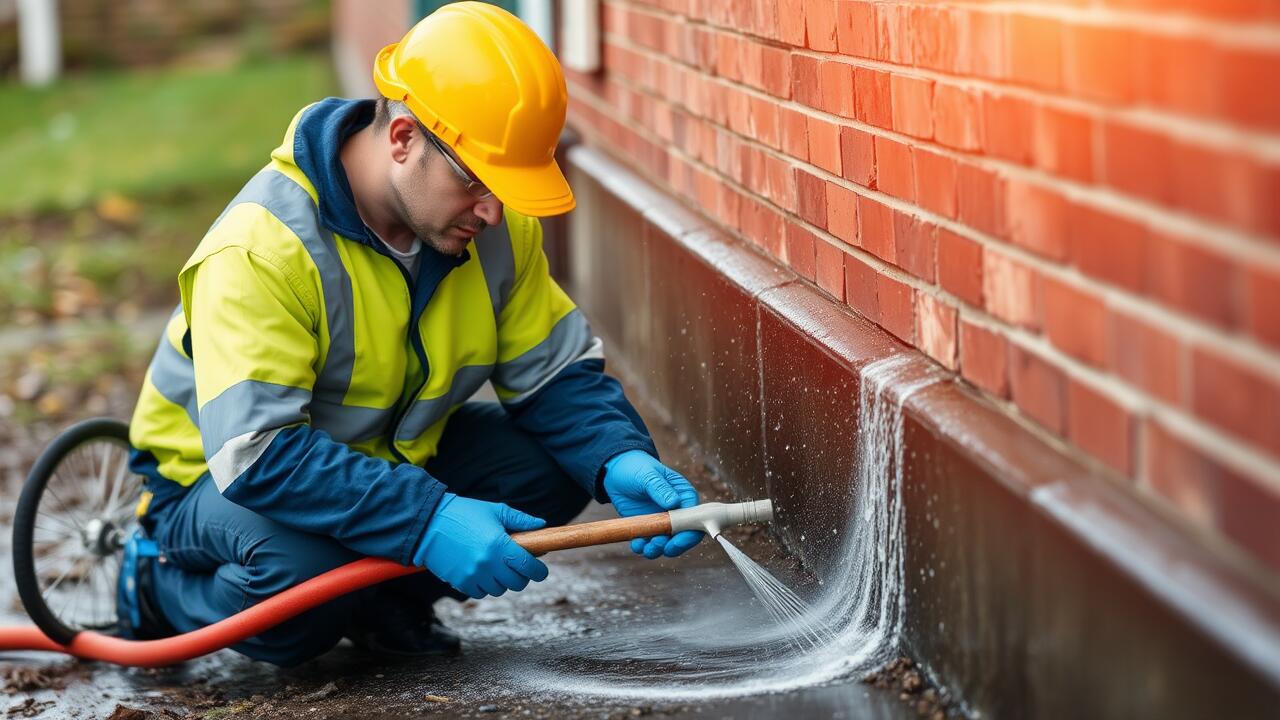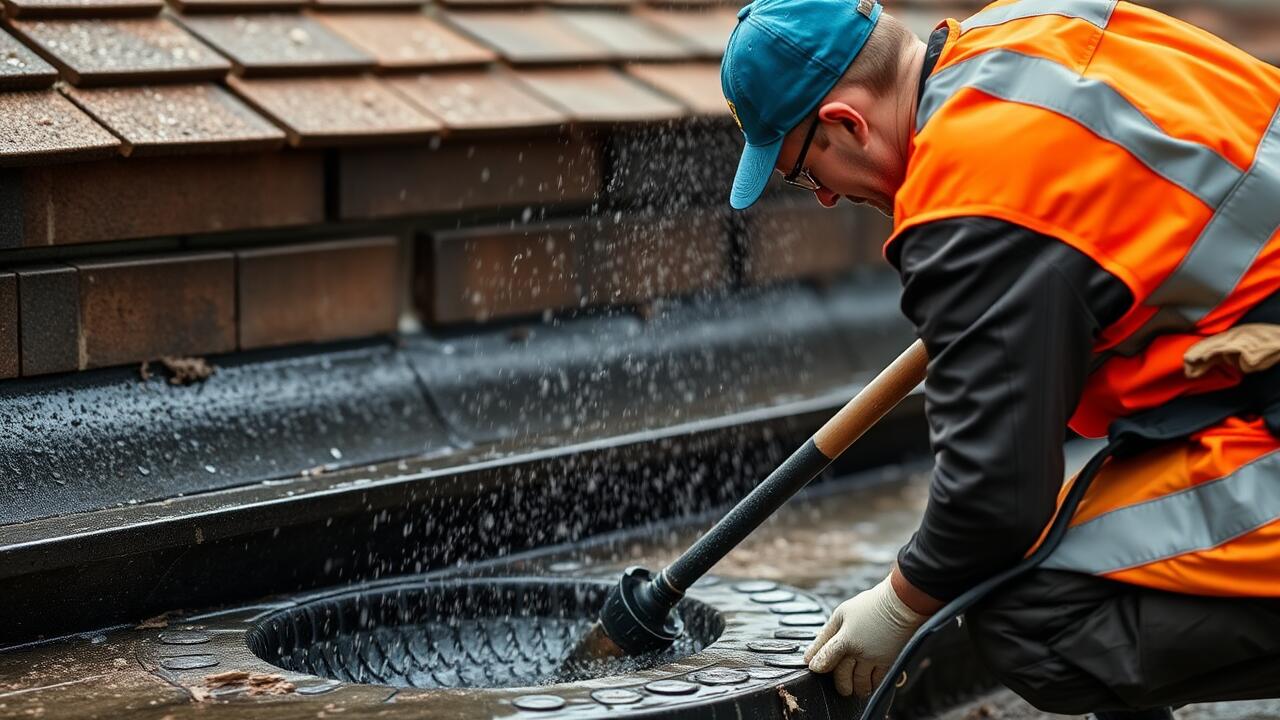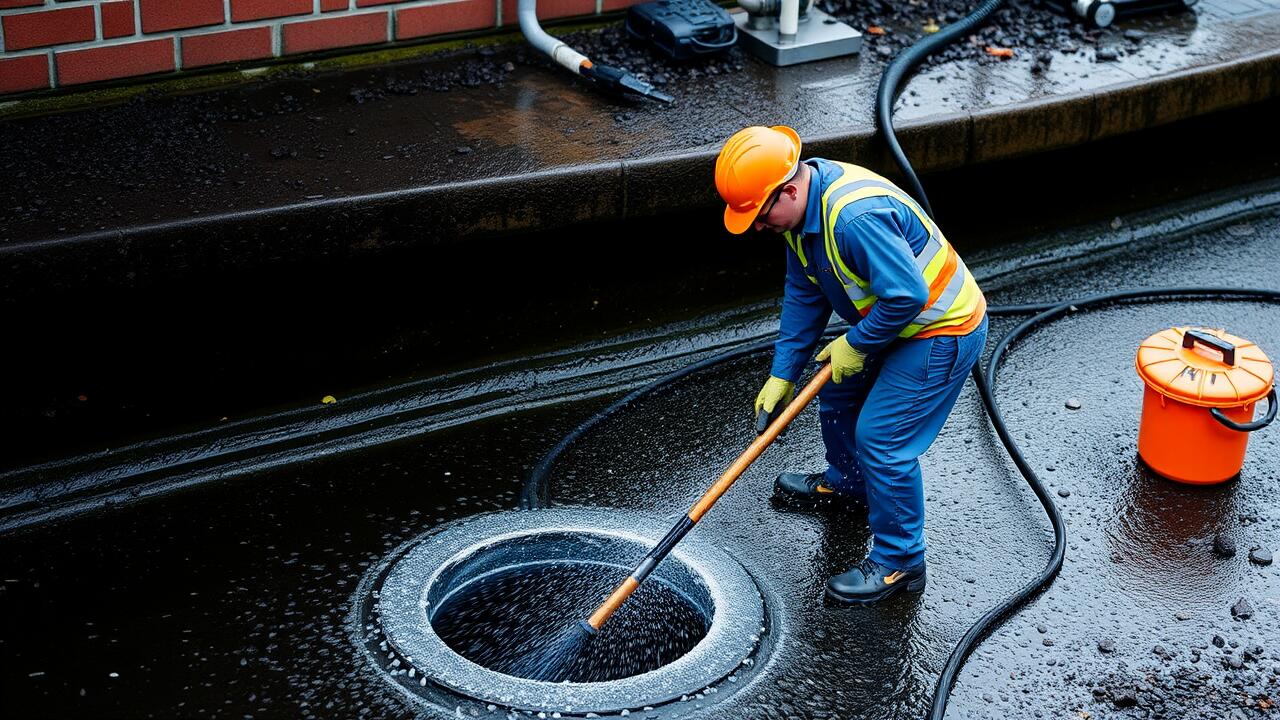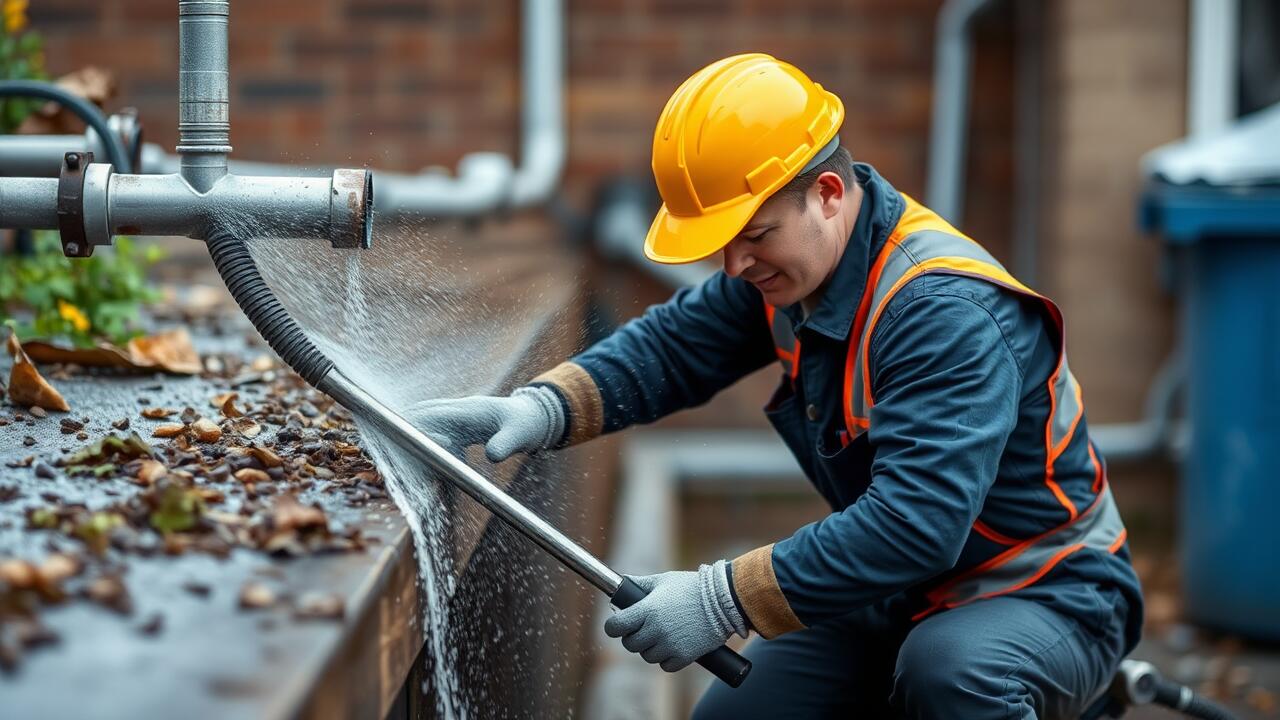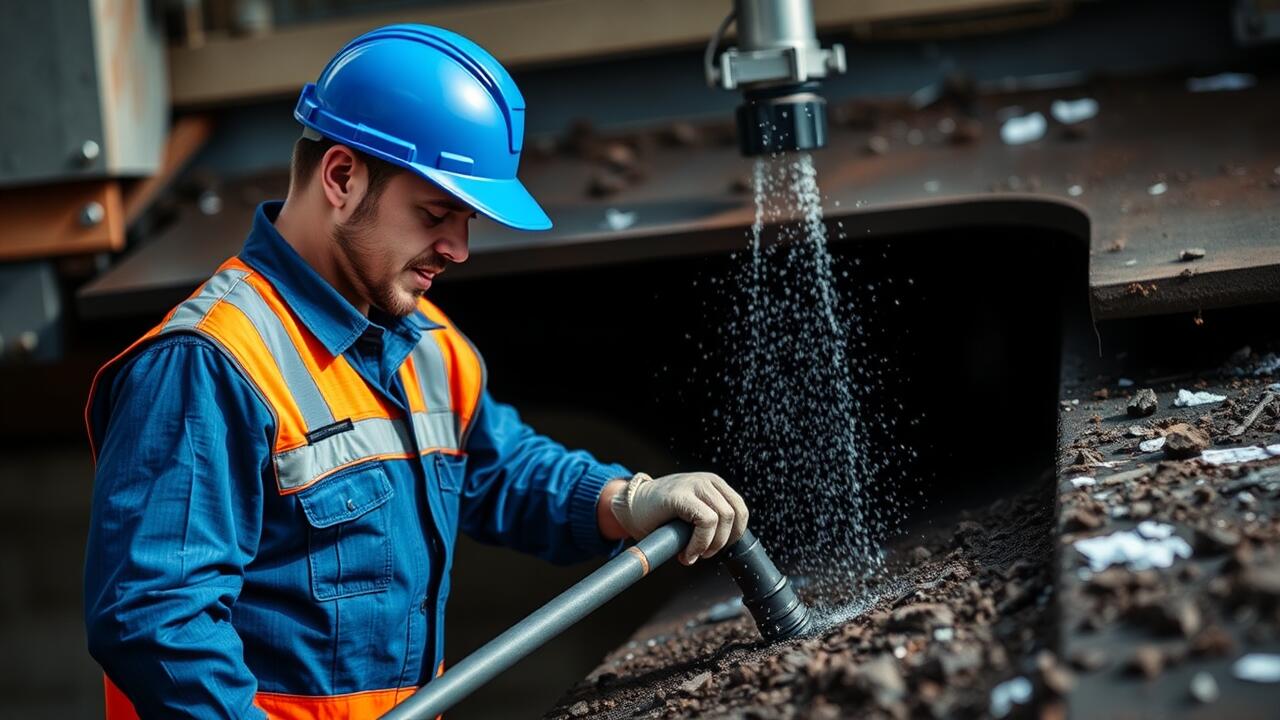
Alternative Methods for Unclogging Drains
Using vinegar and baking soda is a popular alternative method for unclogging drains. This combination creates a fizzy reaction that can help dislodge stubborn debris. Pour a cup of baking soda down the drain, followed by a cup of vinegar. Allow the mixture to sit for at least 30 minutes before flushing it with hot water. This method is not only effective for minor clogs but also serves as a natural cleaning solution for pipes.
Another useful approach involves using a plunger, which can be effective for various types of blockages. Ensure there is enough water in the sink or tub to cover the plunger’s bell. Create a strong seal and plunge vigorously for several seconds. This action generates pressure that can break up the clog. For persistent issues, searching online for “Drain cleaning near me” may provide professional assistance to ensure the problem is resolved safely and effectively.
Exploring Chemical Drain Cleaners
Chemical drain cleaners are often a go-to solution for addressing stubborn clogs. These products typically contain powerful chemicals designed to dissolve grease, hair, and other materials that can block pipes. With a variety of formulations available, consumers can choose between liquid, gel, or foaming options, each targeting different types of clogs. While effective in many cases, it is essential to follow the manufacturer's instructions carefully to ensure safety and efficacy.
Despite their effectiveness, chemical drain cleaners can pose risks to both plumbing systems and users. Many of these products contain harsh ingredients that can corrode pipes over time, leading to more significant issues down the line. It's important to use these cleaners as a last resort and consider seeking professional assistance with searches like "Drain cleaning near me." Professionals can provide safer, more sustainable solutions while minimizing risks associated with chemical use.
Best Practices for Maintaining Clear Drains
Regular maintenance is key to preventing clogs in your drains. Simple habits such as using a drain strainer can effectively catch hair and debris before they enter the pipes. Additionally, running hot water through your drains after each use helps dissolve grease and soap scum that may build up over time. Taking these small steps can lead to significant long-term benefits for your plumbing system.
Being proactive can save you from costly repairs down the line. Schedule routine inspections with professionals who can offer services for "drain cleaning near me." They can thoroughly assess your plumbing and provide necessary treatments to keep everything running smoothly. Establishing a regular maintenance routine will ensure that your drains remain clear and functional for years to come.
Preventative Measures to Avoid Clogs
Preventative measures play a crucial role in maintaining clear drains and avoiding clogs. Regularly monitoring what goes down the drain can significantly reduce blockage risks. Consider using sink strainers to catch food particles and hair before they enter the plumbing system. Additionally, performing routine maintenance, such as flushing your drains with hot water or vinegar, can help keep pipes clean and clear. This simple practice can prevent the buildup of debris over time.
When dealing with recurrent clogs, it may be wise to consult professionals who can provide expert services. Searching for “drain cleaning near me” can yield local options that specialize in thorough drain inspections and cleanings. Scheduling these services periodically can help detect potential issues before they escalate. Taking proactive steps ensures that drains remain functional and reduces the likelihood of unexpected plumbing emergencies.
Safety Precautions When Using Boiling Water
Using boiling water to unclog drains can be effective, but it requires careful consideration of safety measures. Always wear heat-resistant gloves to protect your hands from potential burns while handling the hot water. Ensure that the area around the sink is dry to prevent slips or falls. Additionally, avoid pouring boiling water directly into plastic pipes, as extreme heat can cause damage, leading to further plumbing issues.
Before attempting to use boiling water, assess the type of clog you are dealing with. It’s wise to consult a professional if you are uncertain about the nature of the obstruction. Searching for "drain cleaning near me" can help you find local experts who provide assistance without the risk of injury or damage to your plumbing system. By taking the right precautions, you can safely explore this method for maintaining clear drains.
Protecting Yourself and Your Plumbing System
When considering the use of boiling water for unclogging drains, it’s essential to protect both yourself and your plumbing system. First, always use caution when handling boiling water to avoid burns. Wearing heat-resistant gloves and goggles can provide an extra layer of protection. Additionally, it’s wise to assess the type of pipes in your plumbing system. Older pipes, particularly those made from PVC, may warp or become damaged when exposed to extreme heat, leading to more significant issues.
It’s also advisable to be mindful of the types of materials that may be causing the clog. If you're unsure what is stuck in the pipes, you might want to call a professional. Searching for "drain cleaning near me" can connect you with local experts who can address clogs safely and effectively. By seeking professional help, you can prevent potential damage to your plumbing while ensuring that your drainage system stays in top condition.
FAQS
Can boiling hot water really help unclog a drain?
Yes, boiling hot water can help unclog a drain by dissolving grease and soap buildup. However, it may not be effective for more severe blockages.
What should I do if boiling water doesn’t work to unclog my drain?
If boiling water doesn’t work, you can try alternative methods such as using a plunger, a drain snake, or a mixture of baking soda and vinegar.
Are there any drains that I should avoid using boiling water on?
Yes, you should avoid using boiling water on PVC pipes or older plumbing systems, as the high heat can potentially damage the pipes.
How often should I use boiling water to maintain clear drains?
It's a good idea to use boiling water as a preventive measure monthly to help keep drains clear, especially in areas prone to grease buildup.
What safety precautions should I take when using boiling water for unclogging drains?
Always use oven mitts or heat-resistant gloves when handling boiling water, and be cautious of splashes to protect yourself and your surrounding area.
